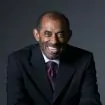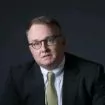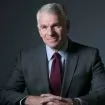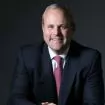- within Transport, Antitrust/Competition Law and Employment and HR topic(s)
On Feb. 27, 2019, Federal Reserve Chairman Jerome Powell, during testimony before the House Financial Services Committee, was asked by Representative Gregory Meeks (D-NY, 5th District) whether the Federal Reserve “believes increased credit risk in the leveraged loan market poses systemic vulnerabilities, particularly in the event of an economic downturn?” In response, Chairman Powell stated:
“This is an important supervisory focus. The headline answer to your question is we do not believe it poses systemic risks, but we do believe it poses a macroeconomic risk, particularly in the event of an economic downturn. These are companies that have borrowed, in good times, high amounts of debt, and if there is a downturn, they will be less able to carry out their roles in the economy, and that may have an amplification effect in the event of a downturn. Our supervision of banks indicates that the banks do not have excessively high exposures to these highly levered nonfinancial corporations and also don’t have excessively large pipelines of commitments that they’ve made. Those are two things that they did have before the financial crisis that they don’t have now. The banks, and that is our window into this – bank supervision ‒ have really changed the way they manage their involvement in this business in a way that puts the risk out in the holders’ hands rather than the banks’ hands.”
Chairman Powell’s full testimony can be viewed here.
The content of this article is intended to provide a general guide to the subject matter. Specialist advice should be sought about your specific circumstances.
[View Source]






















